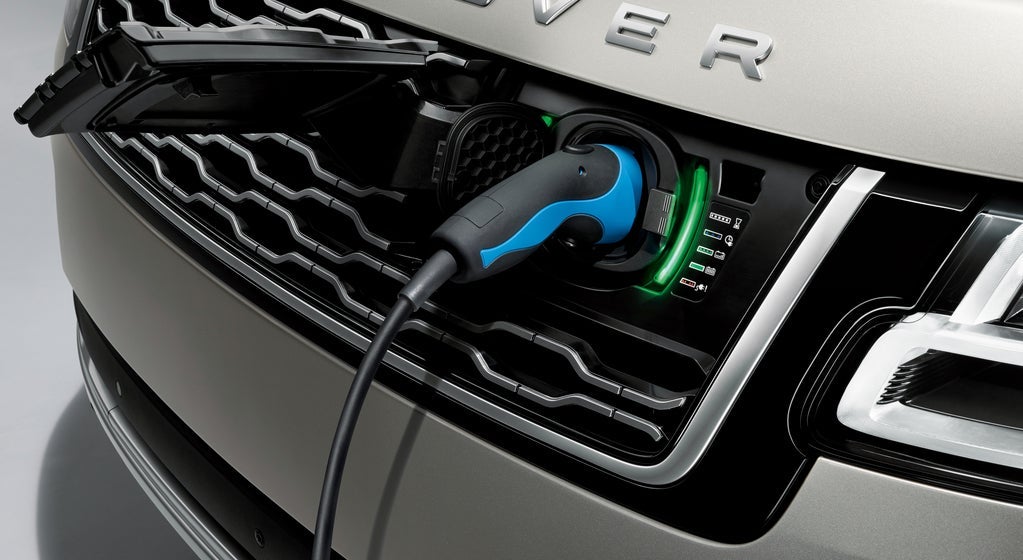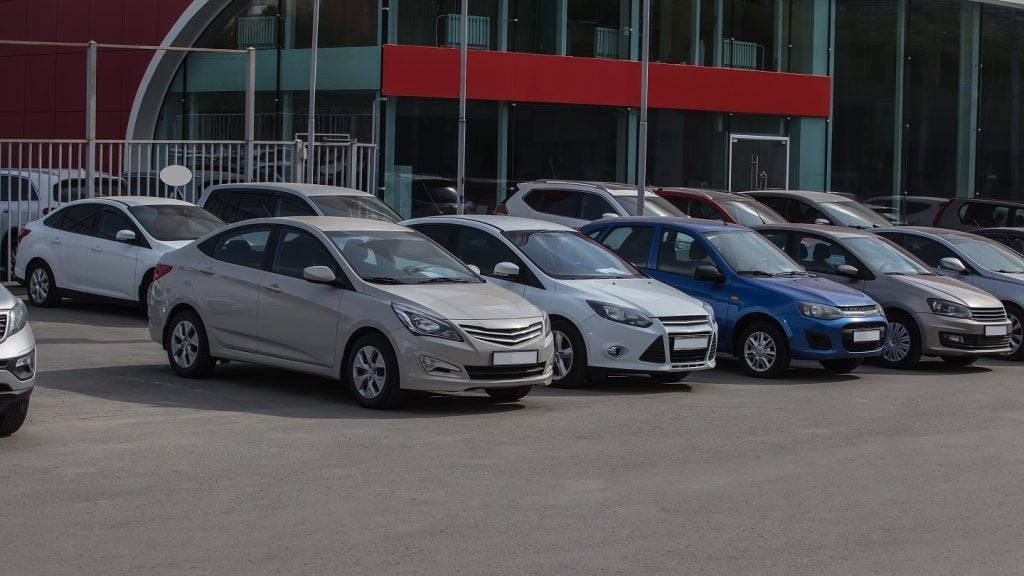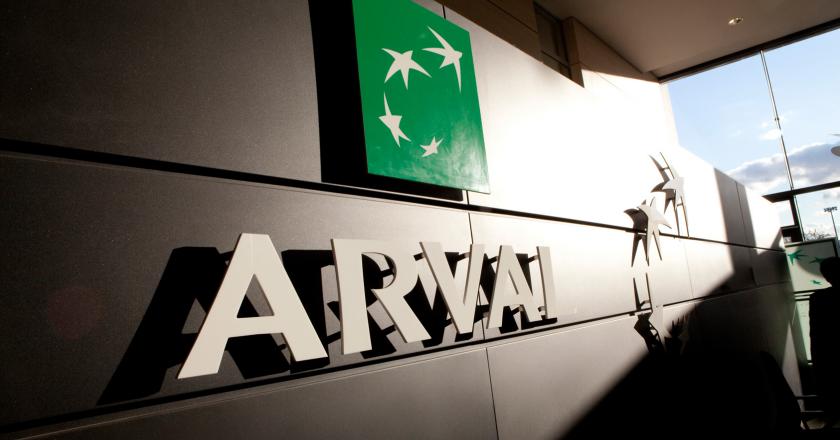recession it goes without saying that businesses are managing their
costs more tightly. The impact on the fleet is a focus on
controlling and reducing the total cost of vehicle ownership.
their second highest expenditure at around 25 per cent, with only
depreciation costing more. The volatile oil prices that we have
seen this year look set to continue, which will have an impact on
fuel costs. The uncertainty that this creates is crippling for
organisations, and makes it nearly impossible to set a fuel budget
and stick to it.
The result, as fleet operators pull out all the stops to control
their fuel costs, is that fuel card policies have become a must.
Despite the challenging economic conditions, business travel is not
going to go away and so fuel cards are essential for any leasing
company as they strive to support their customers through these
challenging times.
Spotlight on costs
Without full visibility or understanding of a customer’s fuel
costs, there’s not a chance that fleet operators can manage them
effectively, let alone achieve reductions. It is only with fuel
card reporting that the fleet manager gains visibility of data on
what, where, when and how much fuel is being purchased each time
the card is used, providing an accurate map of the mileage
completed by a fleet. Without this information it is
near-impossible to police drivers effectively and remove
unnecessary cost.
The big savings wins come through utilising this information to
get a close grip on drivers. For example, fleet managers in
conjunction with the information provided by their fuel card
supplier can set a designated price-per-litre target which all
drivers aim to meet when they fill up. Drivers will often be
directed to low price forecourts as a means of doing this. The fuel
card captures data on all drivers who do not meet this target and
an exception report compiled, allowing fleets to identify problem
drivers and take swift action. While the savings vary from fleet to
fleet, a fleet fully committed to this strategy can remove around
10 per cent of fuel costs.
The ability to allocate cards to either a named driver or a
specified vehicle provides the flexibility to meet the operational
needs of many organisations. This system means fuel cards can be
registered to individual vehicles, rather than drivers. This
simplifies the use of the cards and also allows monitoring of
individual vehicle performance, which can help guide maintenance
procedures and influence future vehicle selection.
A key role for the fleet management company is often to reduce
the administrative burden on the fleet manager, and for many
businesses VAT invoicing is a major administrative burden.
How well do you really know your competitors?
Access the most comprehensive Company Profiles on the market, powered by GlobalData. Save hours of research. Gain competitive edge.

Thank you!
Your download email will arrive shortly
Not ready to buy yet? Download a free sample
We are confident about the unique quality of our Company Profiles. However, we want you to make the most beneficial decision for your business, so we offer a free sample that you can download by submitting the below form
By GlobalDataCollating receipts from different drivers for fuel purchases
takes time and can mean that businesses do not claim back all of
the VAT that they could. Fuel cards eradicate this problem as
drivers are not required to collect and retain individual VAT
receipts every time they make a purchase. Instead, a single invoice
allows easy recovery of the VAT on fuel purchases.
Fleets care more about the environment than ever before, often
because it has a direct impact on their costs. Fuel cards allow
fleets to measure their carbon footprint by collecting management
information, showing the exact number of litres of fuel the fleet
uses, broken down by individual vehicle and the fuel type
purchased. Fleet managers can then calculate the total CO2
emissions produced by the fleet. This information is essential for
understanding current CO2 emissions and then for measuring ongoing
reductions, thus resulting in a greener, and cheaper, fleet.
As budgets become tighter, fuel cards remain the most effective
way to capture detailed information at the point-of-sale about each
individual transaction, and a comprehensive method of monitoring
driver behaviour when it comes to fuel.
The author is the business development
director – fuel at Arval







